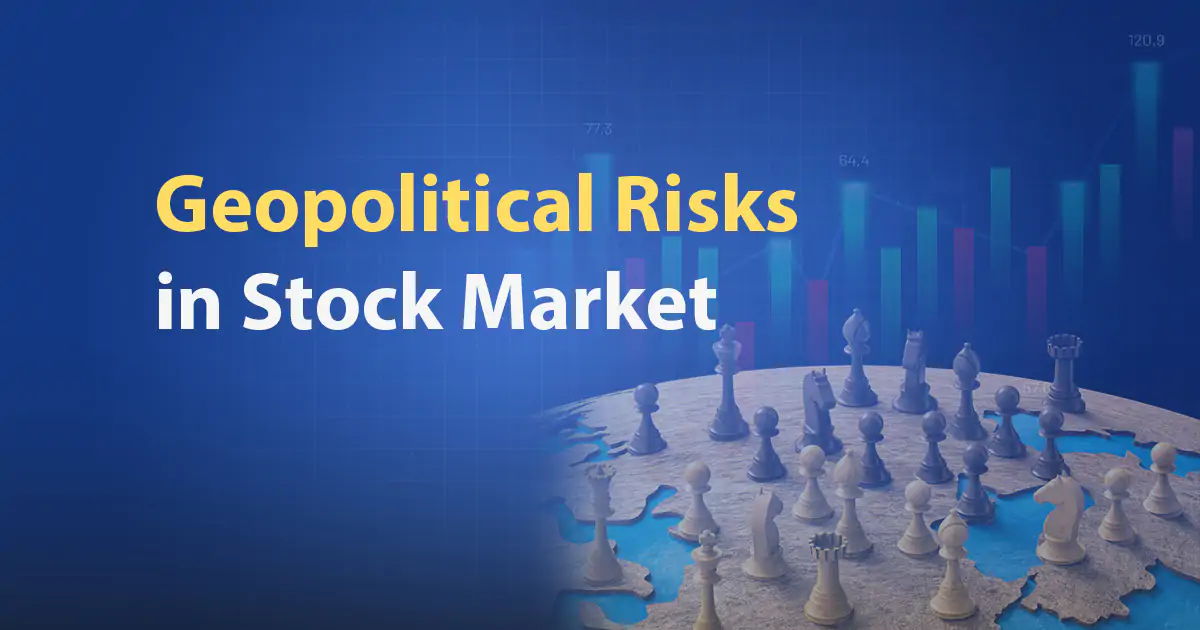The global share market is an interconnected system that reacts sharply to economic data, political shifts, and world events. Among these factors, geopolitical tensions—conflicts, sanctions, or diplomatic stand-offs between nations—are some of the most powerful forces influencing investor behavior and market stability. These tensions can send shockwaves across global financial systems, affecting prices, confidence, and long-term investment strategies.
How Geopolitical Tensions Affect Markets
When conflicts arise or diplomatic relations deteriorate, investor confidence declines. Markets prefer certainty, and geopolitical uncertainty creates fear of potential losses. Investors often react by withdrawing money from riskier assets such as stocks and moving toward safer investments like gold, bonds, or stable currencies. This sudden shift, known as a “flight to safety,” often leads to market volatility and falling stock prices.
Global Examples of Market Reactions
A clear example of this dynamic was seen during the Russia-Ukraine conflict in 2022. Global energy prices soared as sanctions disrupted oil and gas supplies, while European and Asian stock markets declined sharply. Similarly, tensions between the United States and China over trade and technology have repeatedly unsettled global supply chains, affecting corporate earnings and investor confidence. Even without open conflict, the mere anticipation of geopolitical unrest—such as U.S.–Iran tensions or North Korea’s missile tests—can lead to sudden fluctuations in global stock indices.

Sector-Wise Impact
Geopolitical tensions do not affect all industries equally. Sectors such as defense, oil, and energy often see gains as governments boost spending and prices fluctuate. In contrast, industries like travel, tourism, and manufacturing typically suffer due to reduced consumer confidence, disrupted trade routes, and higher operational costs. Emerging markets face the greatest challenges, as foreign investors often pull out funds to avoid potential risks.
Investment Strategy During Turbulence
While geopolitical turmoil brings short-term losses, seasoned investors often see it as a chance to buy undervalued stocks. Long-term strategies such as diversification across regions and asset types can reduce exposure to geopolitical shocks. Investors who stay informed and rely on data rather than fear can navigate uncertainty more effectively.
In essence, geopolitical tension serves as both a challenge and an opportunity in the share market. It may cause immediate market disruptions, but it also emphasizes the importance of resilience, research, and long-term perspective in investing. As global interdependence deepens, understanding the connection between geopolitics and market behavior becomes essential for investors seeking stability and growth in an unpredictable world.
How Currency Converter and Foreign Exchange Rate Works
![]()





